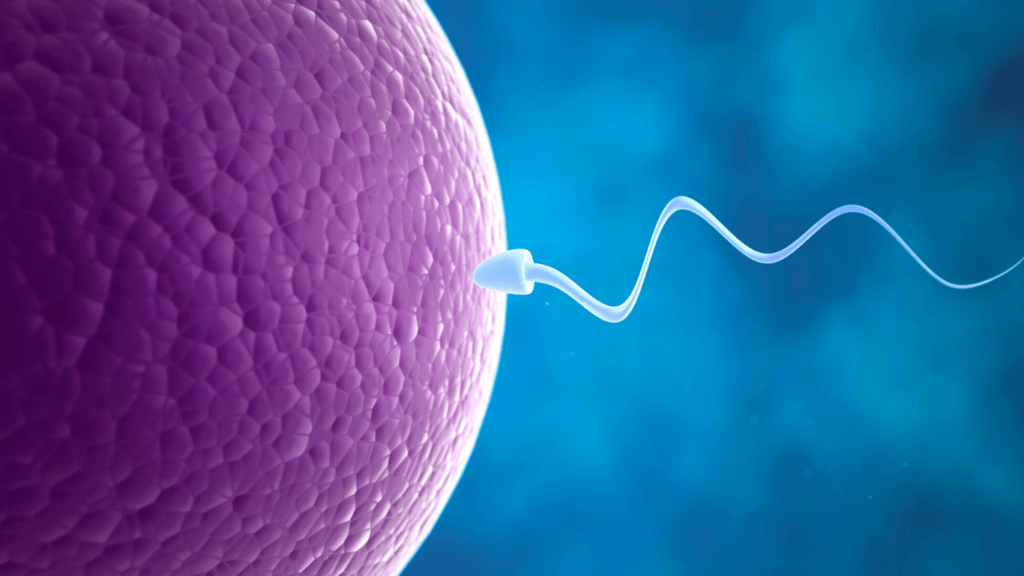One of the most challenging causes of female infertility is refractory thin endometrium, a condition in which the uterine lining fails to thicken enough to allow embryo implantation. A typical example is Asherman’s syndrome, characterized by intrauterine adhesions following gynecological surgery or infections. Even after hormonal or surgical therapies, many women still face poor outcomes.
A recent randomized, double-blind, controlled clinical trial (Hou et al., 2024) investigated a novel approach: the use of umbilical cord-derived mesenchymal stem cells (hUC-MSCs) integrated into a collagen scaffold and implanted directly into the uterus.
The Regenerative Strategy: “Farming Therapy”
The so-called farming therapy combines:
-
Hysteroscopic adhesiolysis to remove intrauterine adhesions.
-
Intrauterine application of a collagen scaffold enriched with hUC-MSCs.
This biomimetic support allows cells to adhere and release bioactive factors locally, with the aim of stimulating endometrial regeneration, increasing tissue thickness, and improving receptivity for embryo implantation.
Study Results
The study involved 24 women with refractory endometrium, divided into treatment and control groups.
-
Cumulative clinical pregnancy rate: 45.5% in the hUC-MSC group vs 7.7% in controls.
-
Live birth rate: 27.3% vs 7.7%.
-
Endometrial thickness: significant increase from 5.3 mm to 6.5 mm in the treatment group.
-
Safety: no serious adverse events; only two cases of mild hives, resolved spontaneously.
Although statistical significance was not reached due to the small sample size, the positive trend highlights important clinical potential.
How Do Stem Cells Work?
Analysis of uterine fluid suggests that stem cells act by modulating local immune mechanisms through cytokine–receptor pathways. These signals may reduce inflammation and stimulate vascular and cellular regeneration, creating a more receptive environment for implantation.
Safety Profile
Hematological, hepatic, renal, and hormonal tests confirmed short-term safety. Reported side effects, such as hives or nausea, were mild and transient.
Looking Ahead
This pilot study represents a promising step toward uterine regenerative medicine. It may offer new options for women with thin endometrium unresponsive to conventional treatments.
Future larger and long-term studies will be essential to validate these findings and assess maternal and neonatal outcomes.
Reference
Hou Z. et al., hUC-MSCs loaded collagen scaffold for refractory thin endometrium caused by Asherman syndrome: a double-blind randomized controlled trial, 2024. PMID: 40371958


